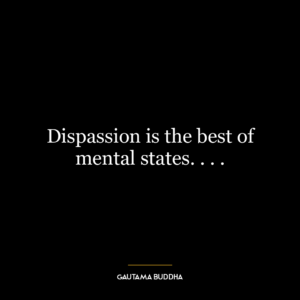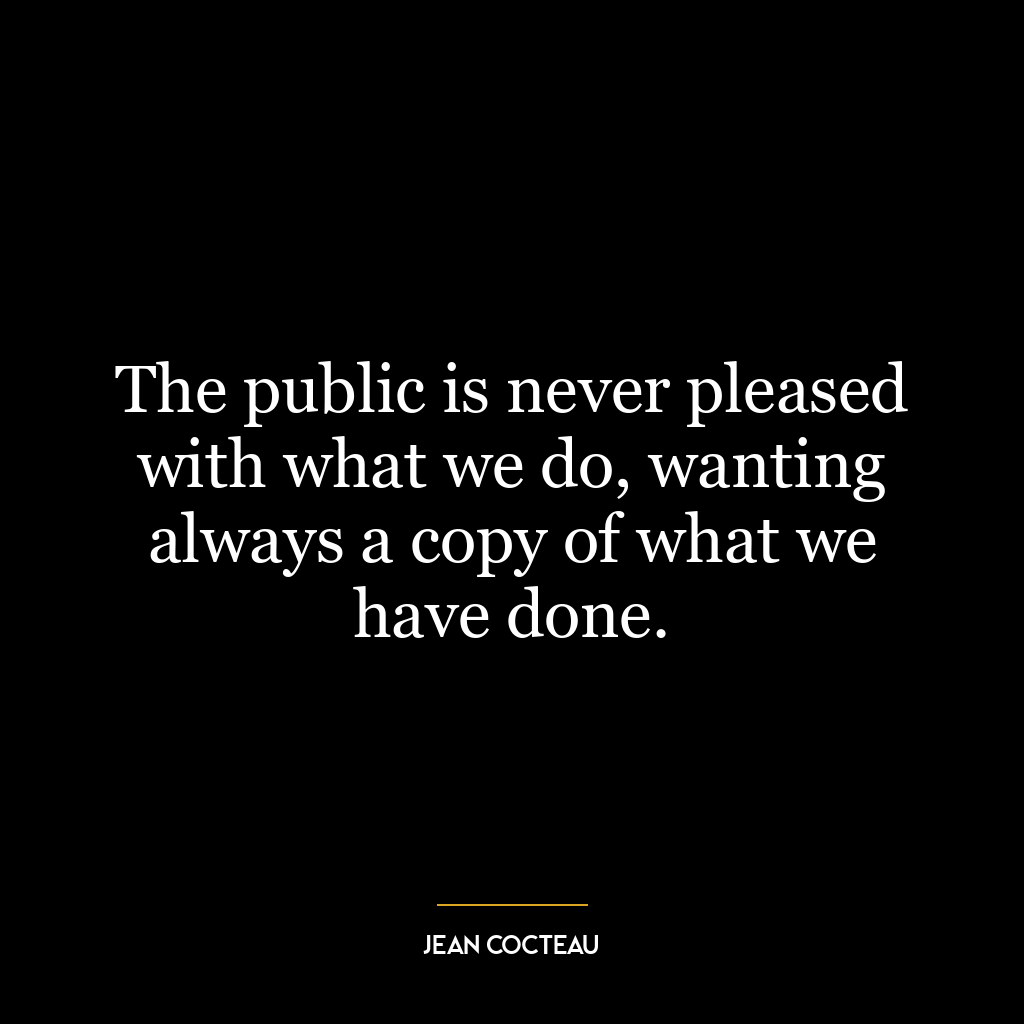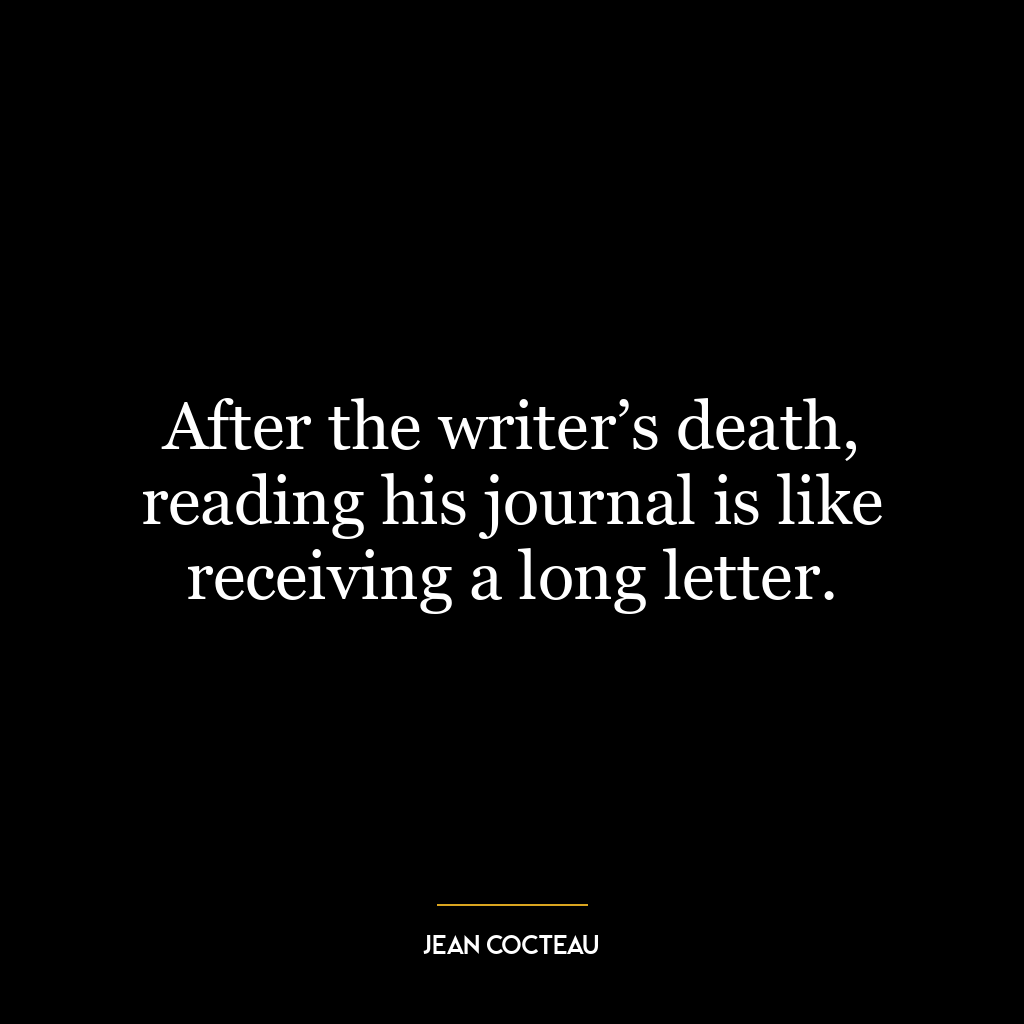This quote is a profound observation about human nature and the tendency for people to focus more on others’ shortcomings rather than self-reflection. It suggests our propensity to see the faults in others with ease, but struggle when it comes to acknowledging or even recognizing our own flaws. This can be attributed to various psychological biases that make us blind to our own failings while amplifying those of others.
The first part, “How easy it is to see your brother’s faults,” points out how readily we tend to judge and criticize others. We often find it easier and more comfortable focusing on what’s wrong with other people rather than looking inward.
The second part, “How hard it is to face your own,” addresses the challenge many of us face in acknowledging our personal weaknesses or mistakes. This difficulty arises from defense mechanisms like denial or rationalization that shield us from painful truths about ourselves.
Applying this idea in today’s world requires a conscious effort towards self-awareness and introspection. In an era where social media often highlights everyone else’s perceived “perfections,” we may find ourselves quick at pointing out their flaws while ignoring ours.
In terms of personal development, understanding this concept can lead one towards growth and improvement. By being open-minded enough to recognize your own faults, you are taking the first step towards correcting them which eventually leads you on a path of continuous learning and self-improvement.
Moreover, realizing this tendency can also help improve relationships as empathizing with others’ imperfections could lead one towards exercising patience, understanding, forgiveness – fostering healthier dynamics with those around them.
So essentially, Buddha’s wisdom here encourages introspection over judgment – a principle as relevant today as during his lifetime over two millennia ago.











